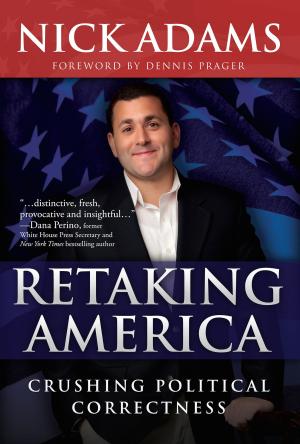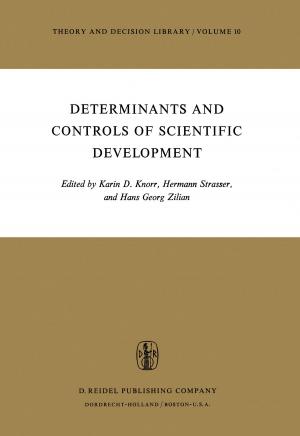| Author: | Jocelyn Auer | ISBN: | 9780987481511 |
| Publisher: | Pink Gum Publishing | Publication: | April 12, 2013 |
| Imprint: | Language: | English |
| Author: | Jocelyn Auer |
| ISBN: | 9780987481511 |
| Publisher: | Pink Gum Publishing |
| Publication: | April 12, 2013 |
| Imprint: | |
| Language: | English |
The baby boomers, born in the decades following the Second World War, are a larger than usual generation and they are ageing. Governments are legitimately concerned about what this means for policies, budgets and services. But too often this is translated into boomer blaming. ‘They’ are blamed for the high cost of housing and health care. ‘They’ make the younger generations pay. If ‘they’ want different or smaller jobs, the job market will provide them. It is though boomers are all the same and act as a single powerful group in their own interests and against the interests of others. Fostering this simplistic and adversarial stance is unhelpful. Complex issues to do with their employment and education, health care and ageing fail to receive the nuanced attention and rigorous analysis they deserve. In this long essay Jocelyn Auer takes issue with the myth-making about baby boomers. In particular she challenges four powerful myths: that baby boomers are all the same; that they are a burden on society; that they are selfish and greedy; and that they want to work till they drop. What is often forgotten in the boomer discussions is that this is not a one-off generation. True it does have quite a different profile to earlier generations; it’s the first generation to grow up in the age of consumerism and boomers are more likely to be highly educated, well-travelled and self-confident and more often divorced. More boomer women work and have higher expectations of their own careers and lives. In all these aspects the boomer experience offers a taste of what is to come for following generations. The essay is informed by focus groups and interviews with men and women from very different backgrounds. It is wide-ranging and it aims to stir the pot. Baby boomers: busting the myths will interest older Australians who have left work or are thinking about leaving, as well as those with an interest in the policies that affect this generation. It stands against those who would foster generational antagonism and division and demands greater attention to the growing inequalities between poor and rich older Australians and the complexity and diversity of all their lives.
The baby boomers, born in the decades following the Second World War, are a larger than usual generation and they are ageing. Governments are legitimately concerned about what this means for policies, budgets and services. But too often this is translated into boomer blaming. ‘They’ are blamed for the high cost of housing and health care. ‘They’ make the younger generations pay. If ‘they’ want different or smaller jobs, the job market will provide them. It is though boomers are all the same and act as a single powerful group in their own interests and against the interests of others. Fostering this simplistic and adversarial stance is unhelpful. Complex issues to do with their employment and education, health care and ageing fail to receive the nuanced attention and rigorous analysis they deserve. In this long essay Jocelyn Auer takes issue with the myth-making about baby boomers. In particular she challenges four powerful myths: that baby boomers are all the same; that they are a burden on society; that they are selfish and greedy; and that they want to work till they drop. What is often forgotten in the boomer discussions is that this is not a one-off generation. True it does have quite a different profile to earlier generations; it’s the first generation to grow up in the age of consumerism and boomers are more likely to be highly educated, well-travelled and self-confident and more often divorced. More boomer women work and have higher expectations of their own careers and lives. In all these aspects the boomer experience offers a taste of what is to come for following generations. The essay is informed by focus groups and interviews with men and women from very different backgrounds. It is wide-ranging and it aims to stir the pot. Baby boomers: busting the myths will interest older Australians who have left work or are thinking about leaving, as well as those with an interest in the policies that affect this generation. It stands against those who would foster generational antagonism and division and demands greater attention to the growing inequalities between poor and rich older Australians and the complexity and diversity of all their lives.















